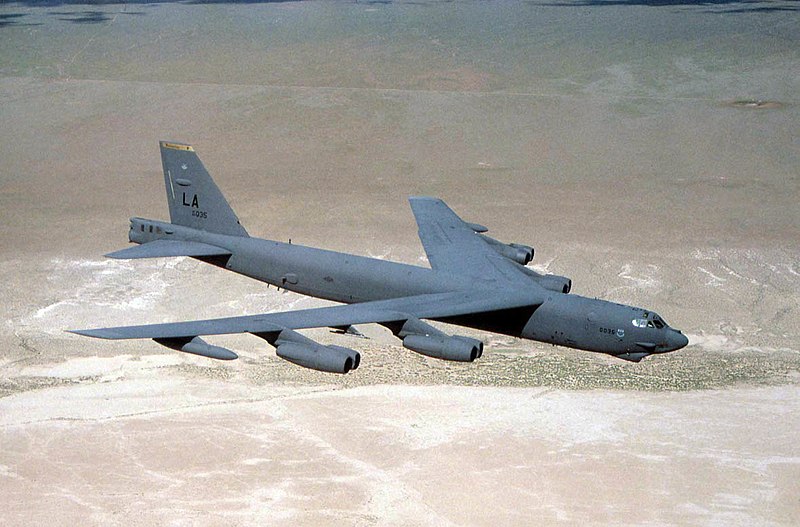Another post on John's Naval, Marine and other Service news
.
US Navy personnel arrange relief goods to be distributed to the victims of typhoon Haiyan on board the USS George Washington aircraft carrier in Tacloban on November 18, 2013. / AFP/Getty Images
NAHA, OKINAWA, Japan -- An American carrier battle group and a flotilla of Japanese warships will arrive Wednesday near a vast stretch of ocean claimed by China in what is shaping up as a test of how Prime Minister Shinzo Abe and the USA will stand up to the challenge.
"China has been pushing and testing Abe since he took office and for the most part he has been passing," said Brad Glosserman, executive director of the Pacific Forum Center for Strategic and International Studies, a think tank in Honolulu.
"This is a very dumb, very risky move by China," he said. "If the People's Liberation Army tries to interfere (with the US-Japan exercise), there will be real problems."
China has been laying claim to nearly 1 million square miles of ocean known as the East China Sea, insisting that the sea's energy resources and fisheries belong to China. Much of the ocean territory it claims is hundreds of miles from its shore, including waters off the coasts of Japan, Taiwan and South Korea.
On Saturday China went further than ever, announcing it had designated much of the sea as an air-defense zone it controls. The zone includes the Japan-held Senkaku Islands, a string of uninhabited islets that China calls the Diaoyus. The Chinese Defense Ministry said the zone was created to "guard against potential air threats."
The challenge represents a test for Abe, a conservative party prime minister elected in 2012 who has vowed to shift Japan's deferential military posture to a more muscular stance that recognizes its right to defend itself.
On Tuesday, Abe directly confronted China, stating he would not recognize the Chinese air zone over the East China Sea or any of its claims to the Senkakus.
"We will take steps against any attempt to change the status quo by use of force as we are determined to defend the country's sea and airspace," Abe said.
For the U.S.' part, Defense Secretary Chuck Hagel said the Chinese action represents a "destabilizing attempt to alter the status quo" and "will not in any way change how the United States conducts military operations in the region."
.

